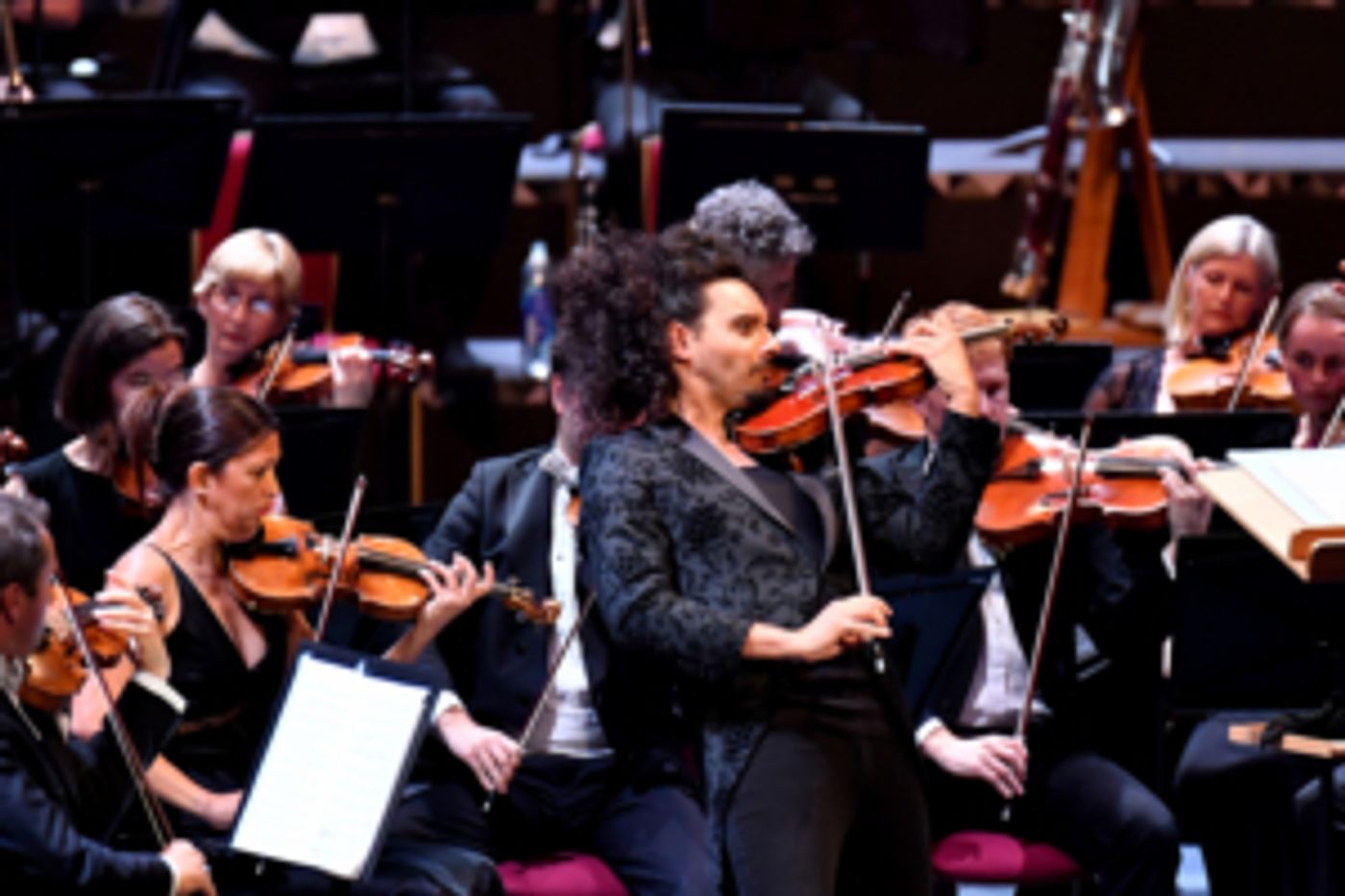Review: PROM 4: THE PLANETS, Royal Albert Hall

![]()
You must have been living under a rock or watching too much Love Island if you have missed the 50th anniversary of the first manned mission to land on the Moon. The BBC Proms continues this celebration with a fantastically energetic and nuanced Prom 4: The Planets.
The show starts with John Adams' 'Short Ride in a Fast Machine', which was composed for the opening of an American music festival called 'Great Woods' in 1986. The piece had only been previously performed once in a main-evening Prom and had actually been pulled twice after been deemed inappropriate in 1997 so soon after the death of Diana, Princess of Wales and in 2001 after the terrorist attacks in New York.
A minimalist, brassy fanfare, with sounds evoking screeching brakes and a roaring engine; it is very evocative of the thrill of a trip in a fast car combining compact and repetitive rhythms with an atmosphere of vitality and enthusiasm. Ukrainian conductor Kirill Karabits is a whirlwind of energy as he leads the skilful Bournemouth Symphony Orchestra who begin the Prom with a sharp and dynamic version of the piece.
What followed was the highlight of the evening. The composer of the sumptuous 'Adagio For Strings', Samuel Barber, followed this with his intense and masterful 'Violin Concerto'. An intense and thrilling piece, it was tackled with accuracy and huge excitement by both the musicians and conductor.
The Franco-Serbian violinist Nemanja Radulovic made his eagerly-anticipated Proms debut as a soloist. With his long black hair, skin-tight trousers and lush, brocade tails, he is certainly eye-catching to look at, but it is his playing that immediately grabs onto every sense. A child prodigy, it is easy to see the passion and skill, as he became totally immersed in his music.
The concerto is thrilling. Sweet, slow-moving opening movements contrast starkly with the lightning-quick finale. The lyrical violin almost seems to fight with the rest of the orchestra before harmony is achieved in an exhilarating third movement.
Radulovic was wonderful throughout, but excelled in the tricky and controversial third section. The finale was deemed too difficult to play when debuted, but Radulovic tackled the piece with breath-taking skill and a truly virtuoso performance. He followed this up with a giddy rendition of a Serbian folk tune that had the audience in raptures.
After the interval came the title piece. It may seem obvious to feature Gustav Holst's 'The Planets' in a celebration of space exploration, but there has never been a composition that celebrates the colour and mysteries of space so imaginatively as his seven-suite composition.
As so little was known about space in the early 20th century, the planets of Holst were seen as metaphors of the psyche, so each planet has its own character. Conductor Karabits tackles the composition with care and skill, as each planet requires a different style of orchestration.
The angry and military sounds of 'Mars' were shown through a stunningly coordinated display by the orchestra, with the threatening rhythm never letting up. The cool and relaxed 'Venus' featured the familiar, shimmering strings and eerie harps that was achingly beautiful and fragile.
'Mercury' was fast paced with high-pitched harp, flute, and glockenspiel that moves to the swelling brass and slow strings of 'Jupiter', sounding suitably majestic and proud. Slow Saturn's plodding march was cold and comfortless, with a haunting quality from the use of bells.
Starting with four brassy notes, 'Uranus' was impressive and powerful, with an evocative display from the conductor. Ending with 'Neptune', the orchestra demonstrated a delicate and refined quality.
When Holst composed this piece, he used an organ to represent its mysterious beauty. Beautiful harp and string melodies shimmer over each other, until Holst brings out the crowning glory: a mystical choir, which gives the music a truly other-worldly quality. The Trinity Boys Choir gave a haunting and soft demonstration of the disembodied voices that fade out so delicately that they seem almost unending.
This was a brilliant Prom, showing the greatest elements of the festival; it entertains, educates and inspires.
Photo Credit: BBC/Chris Christodoulou
The Proms is at the Royal Albert Hall until 14 September
Reader Reviews
Videos


